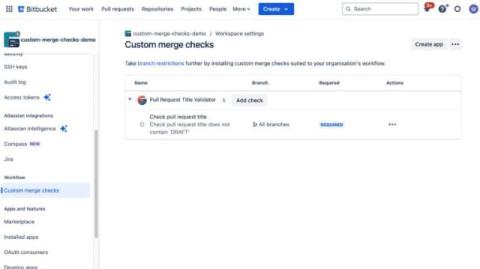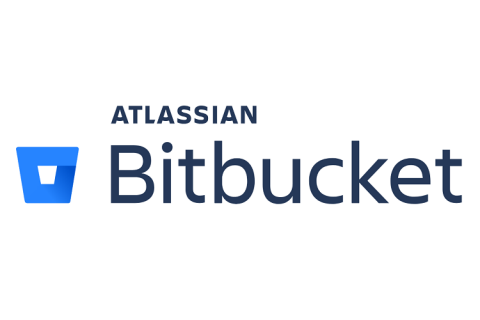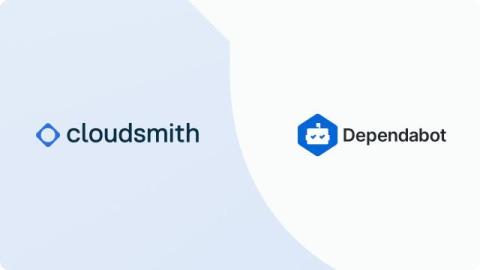Expanding Custom Merge Checks to the Workspace and Project level
Last year, Bitbucket Cloud introduced custom merge checks. This advanced feature allowed users to go beyond Bitbucket’s built-in branch restrictions and create customized merge criteria for pull requests. Now, we’re expanding this feature to better support large organizations with many repositories. As organizations scale, manually configuring checks at the repository level becomes tedious and prone to inconsistency.











